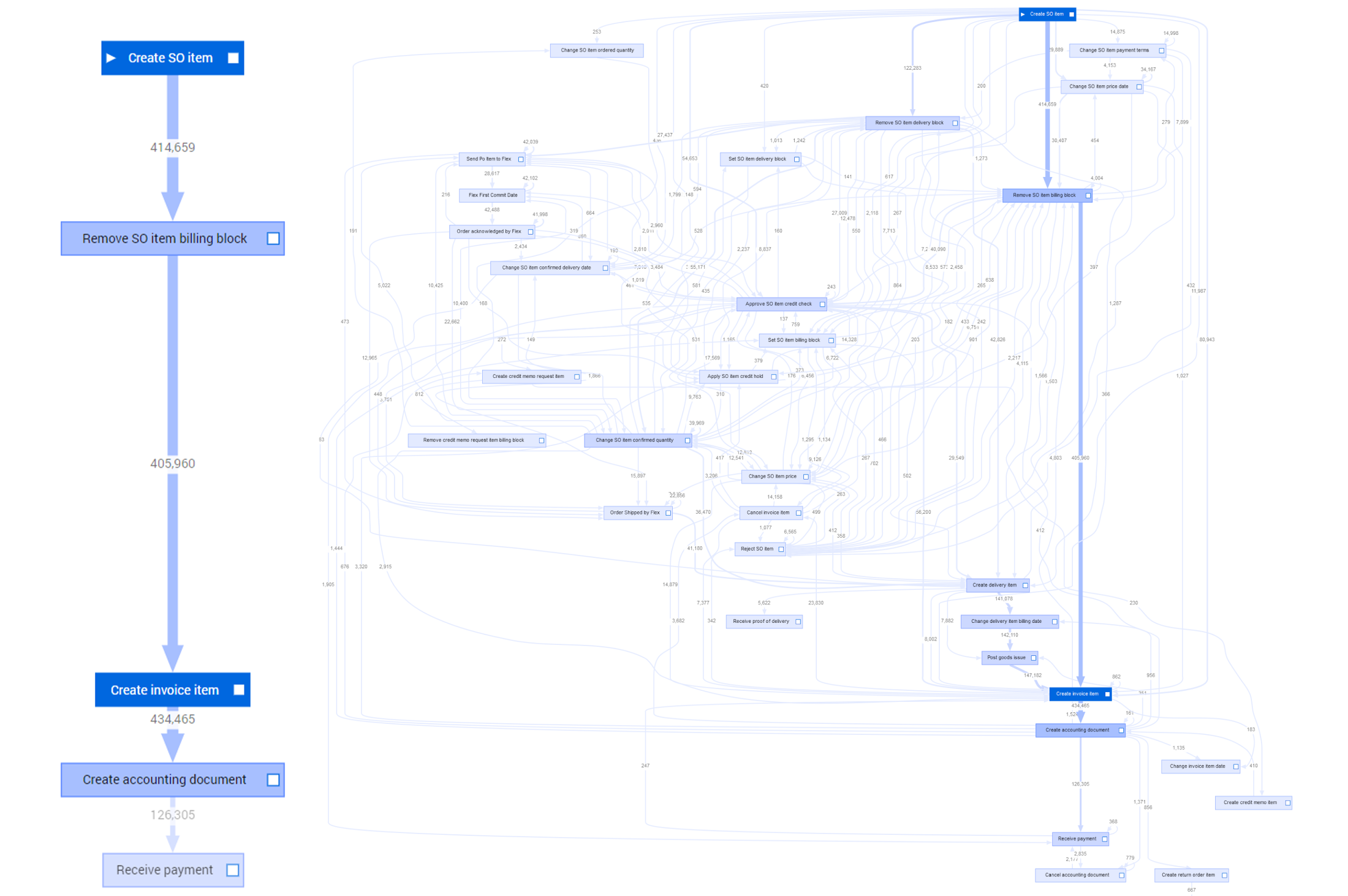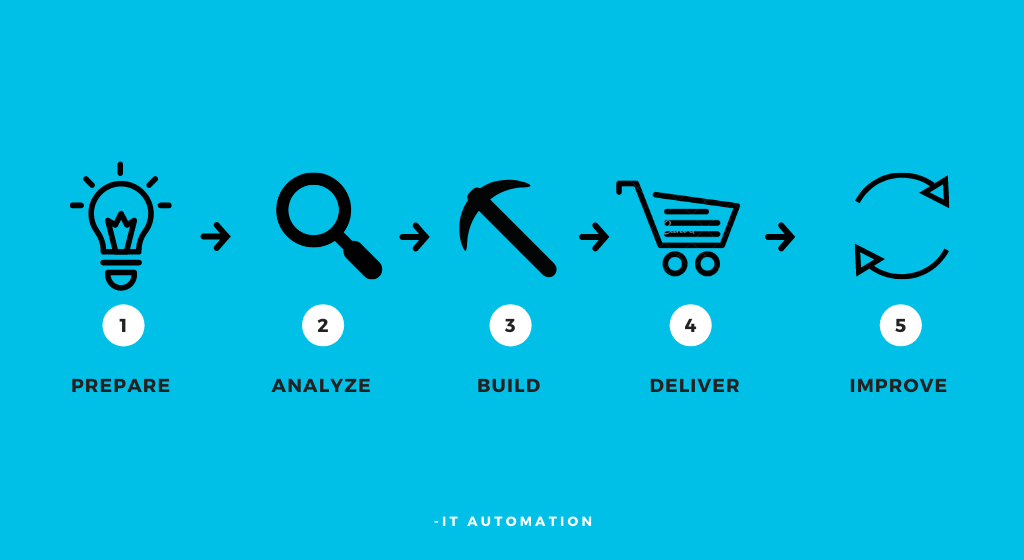My story started 23 years ago and 23 miles away. 23 years is my age and 23 miles is the distance from Palo Alto Networks’ headquarters in Santa Clara to my hometown in Burlingame. While some would say it’s inevitable that I end up working so close to home, and that it’s no surprise the son of parents who both worked at IBM in the 80s also end up working at a tech company, I can assure you my journey did not start this way.
I’ll Never Join Tech
Growing up in Silicon Valley, my friends and I told ourselves that “tech” was a large monolith that would only make our lives worse, all the while we played video games on consoles and games designed and built in…Silicon Valley. I adored technology as a kid, but ironically saw tech as predefined companies building addictive social media, showing you ads, and driving up local rent prices. “I’ll never join tech,” I defiantly yet naively said, and “I’ll find a path of my own.”
But given my proficiency with computers, after some time I realized that technology was my fastest avenue to a career. I built my own website to connect local businesses with students looking for work or volunteer opportunities, and discovered I actually enjoyed using technology to solve problems. College came around, and I chose to study business, specifically information systems at Cal Poly, San Luis Obispo. I thought I would work somewhere in the realm of business. But in freshman year, I saw a job posting for an IT Development intern role at Palo Alto Networks, and seeing that it was for a cybersecurity company, I applied, interviewed, and got an offer.
So why was I suddenly interested in cybersecurity? Because Palo Alto Networks sounded nothing like your typical tech company. Palo Alto Networks is a company that protects our digital way of life. That’s exciting to me.
Interning at Palo Alto Networks
My job as a fresh-eyed intern was to wield a new type of tool called Robotic Process Automation (RPA) in order to free up employees from tedious tasks so they could focus on more emotionally intelligent tasks. RPA is essentially a software bot using a combination of automation, computer vision, and machine learning to automate repetitive, high-volume tasks that are rule-based and trigger-driven. This was a huge acceleration for me, especially considering nobody else in IT, or even Palo Alto Networks, was using RPA.
I taught myself new skills and slowly adapted to the fast-paced enterprise environment, yet not without plenty of failures that resulted in valuable experience I used to rebound to greater levels of achievement during my internship.
I did a second internship at Palo Alto Networks and it became clear that this was a company where I felt proud to say “I work here.” My fellow interns became close friends and my team was invested in helping me grow. To speed things up, I decided to graduate a year early from college and return as a full-time employee in 2020 given the opportunities for growth.
The Exciting World of Process Mining
So far my biggest accomplishment is being the expert on process mining from a developer and product manager perspective. Process mining is a compelling new form of process analysis used to derive time-based process insights from data in IT systems. It’s actually quite an exciting technology to work on given the breadth of the data ingested and the fast transition from visualization to business process improvement.

I built out the process mining solution for the Order to Cash and Vendor Onboarding process as well as numerous enhancements for the Procure to Pay process. What did this entail? It was a fun and fast-paced journey requiring me to coordinate with business, identify pain points in current processes, translate needs into relevant KPIs and actionable enhancements, estimate level of effort, manage stakeholder expectations, and ultimately deliver value.

One of the most frustrating parts of starting out is not knowing how people and technologies uniquely operate according to the nuances of the company. For instance, which is the right group to assign a ticket to? If I haven’t gotten a response in a few days, who do I ask in order to escalate? And which instances do I use? And how is this automation even adding value to the current business process? These are all questions I faced early on due to lack of domain knowledge around our people, technologies and business processes. Whether this was exacerbated given this is my first company right out of college, I can only speculate.
Luckily, working on process mining and RPA, I have gotten to touch countless cross-functional groups and explore the nuances of different systems and business processes unique to Palo Alto Networks. I can now confidently explain how we procure materials, the lengths to which different orders require various approvals, what systems touch each part of a process, and how various exceptions occur such as change orders or credit holds.
Now I wear many hats; I am helping to create and manage our Google Cloud migration, something I wouldn’t have originally thought possible for me to undertake given the scope. I am helping lead developer stand-ups, conduct intake meetings, and coordinate amongst the Process Automation team, all the while also engaged in normal automation development.
I even placed 3rd in the most recent company-wide hackathon and 1st in the IT hackathon where our process automation team got to show off. For Palo Alto Networks we built an intake chatbot with Google Cloud DialogFlow and for IT we used computer vision and RPA to effectively improve our contractor resources database. None of this would have been possible if not for the culture at Palo Alto Networks that encourages me to take on new projects out of my comfort level, and perhaps a willingness to let me fail in moments so that eventually I will succeed.
Advice for Gen Z
I am proud to say I work for a tech company that truly uses technology to benefit the lives of others. And I’m grateful to be working for a company and team where I feel challenged, eager, and valuable. I know it’s early in my career and maybe I don’t have quite enough chops to give some parting advice, but try to understand the why of everything you work on. It’ll help you find the underlying nuances of your work, and guide you to higher levels of self-fulfillment and opportunity once you understand the downstream impact of what you do.

.



